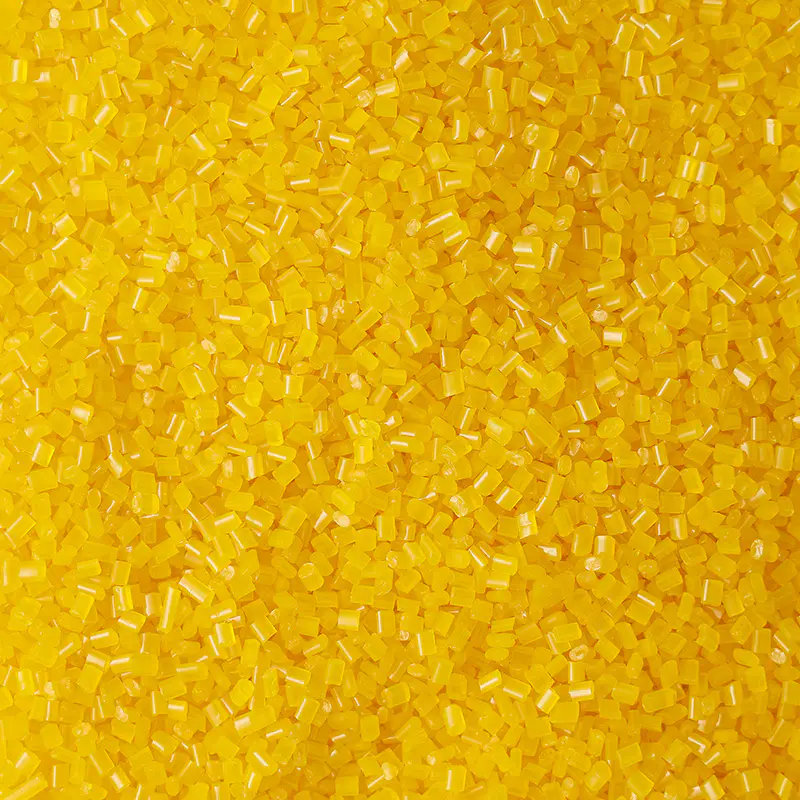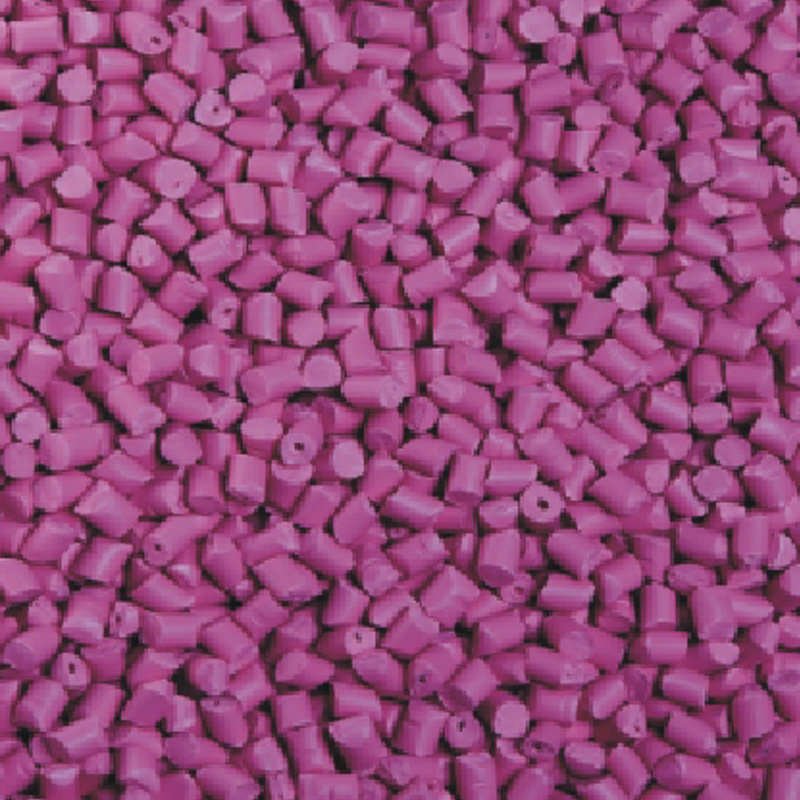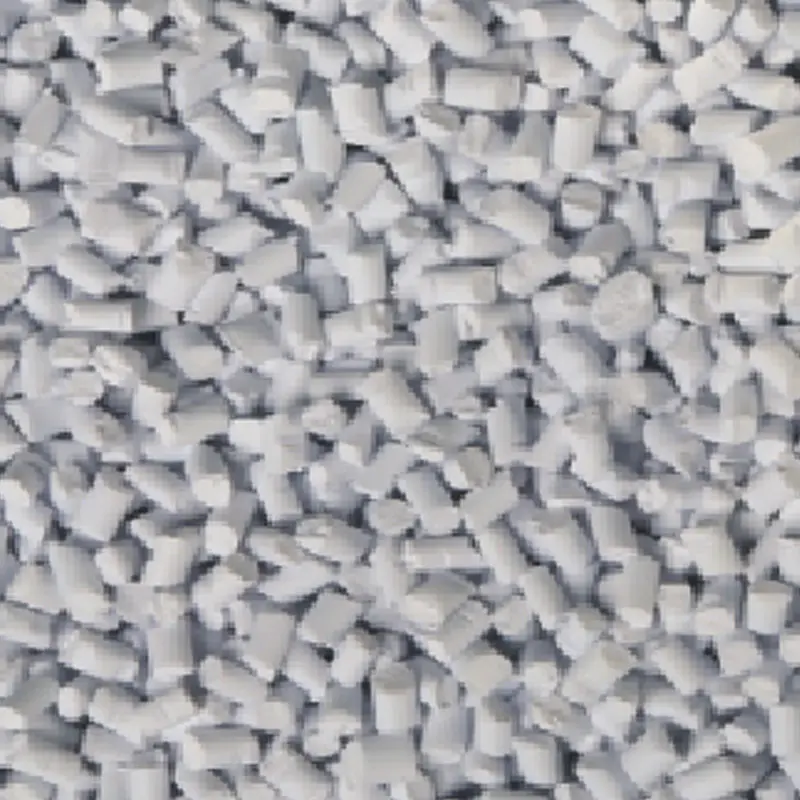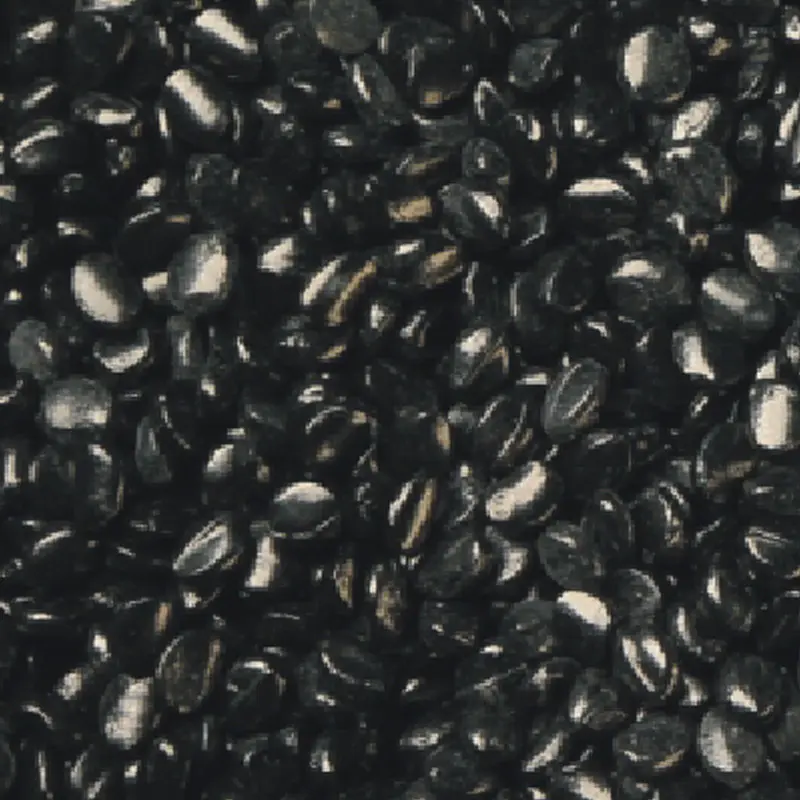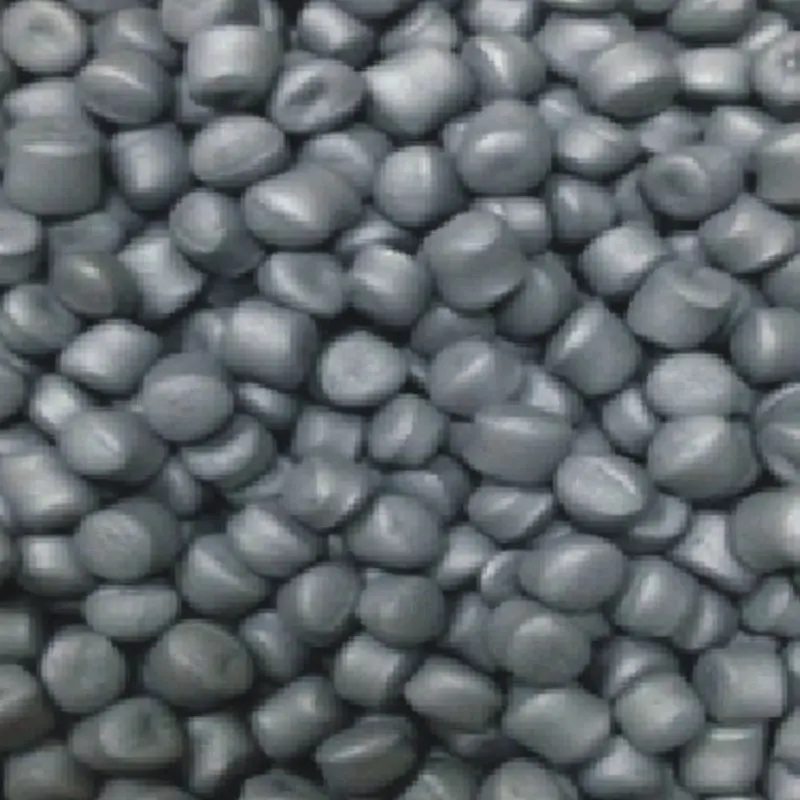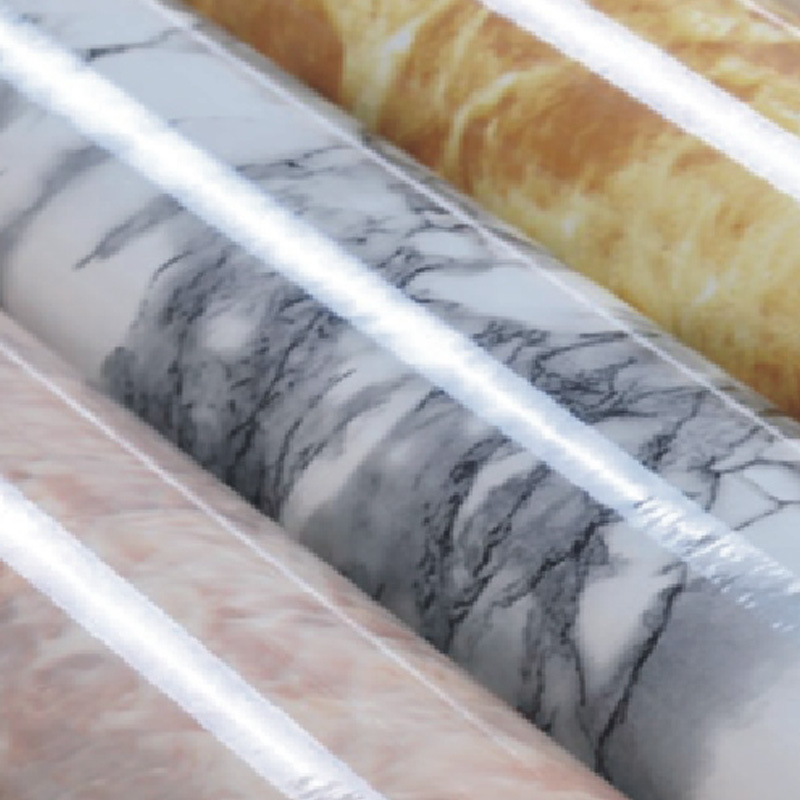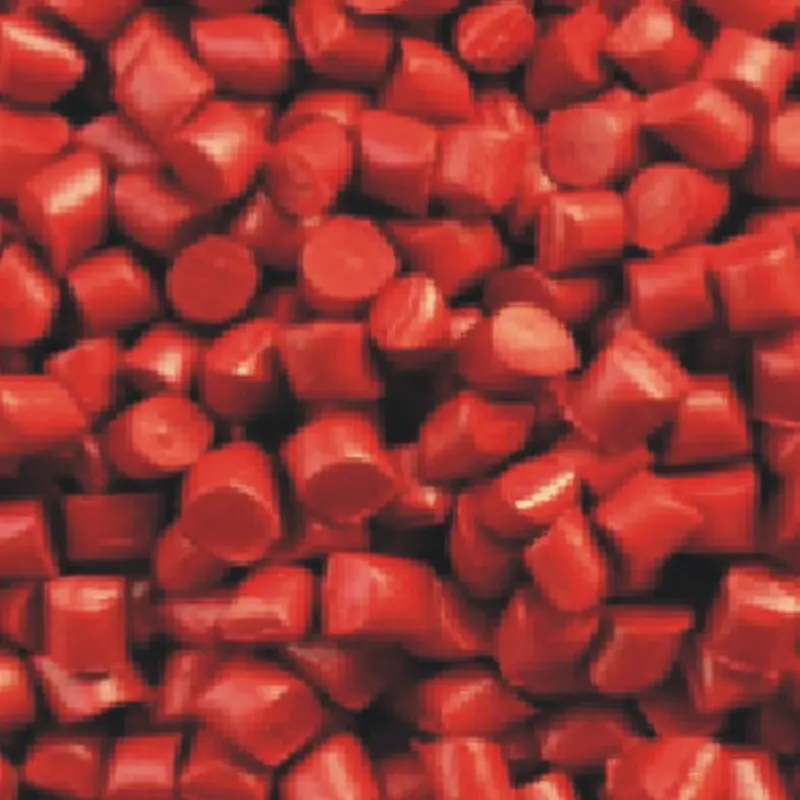As industries around the world work toward reducing their environmental impact, the plastics manufacturing sector is also exploring new ways to improve sustainability. One practical and effective method for achieving this is through the use of Functional Masterbatch. This additive plays a valuable role in helping manufacturers produce plastic products that meet performance demands while supporting eco-friendly practices.
Functional Masterbatch is a concentrated blend of additives encapsulated within a carrier resin. It is designed to enhance specific properties in plastic materials during the manufacturing process. These properties can include UV resistance, flame retardancy, anti-static behavior, or color enhancement. By introducing such characteristics without changing the base polymer, Masterbatch provides a flexible and efficient solution for manufacturers aiming to optimize their products and processes.
One important contribution of Functional Masterbatch to sustainable plastic production is its ability to extend the service life of plastic products. By incorporating additives that improve durability, weather resistance, and stability, plastic items can be used longer before they need to be replaced. This reduces the overall consumption of raw materials and lowers the volume of plastic waste generated over time.
Another way Functional Masterbatch supports sustainable production is through its role in lightweighting strategies. Certain formulations can help maintain or enhance the mechanical properties of plastics while allowing manufacturers to reduce material usage. Producing lighter products not only conserves raw materials but also decreases transportation-related emissions by reducing the weight of finished goods.
Energy savings during processing are another benefit of using Functional Masterbatch. Some types are engineered to improve melt flow or reduce cycle times during injection moulding and extrusion. By enhancing processing efficiency, Masterbatch helps lower the overall energy consumption required for manufacturing, contributing to more sustainable factory operations.
Recyclability is a key concern in the push toward sustainable plastics. Functional Masterbatch can be formulated to support the recycling process by stabilizing the quality of recycled plastics or introducing additives that counter the degradation effects of multiple processing cycles. This allows recycled plastics to maintain acceptable performance standards, encouraging more manufacturers to use recycled content in their products.
The role of Functional Masterbatch in reducing harmful emissions is also significant. Certain formulations can help reduce volatile organic compounds (VOCs) released during production or improve the thermal stability of plastics to limit the formation of potentially hazardous by-products. By improving material stability, Masterbatch can help manufacturers comply with stricter environmental regulations.
In agricultural applications, Functional Masterbatch contributes to sustainability by improving the performance of plastic films and packaging. Additives such as UV stabilizers, anti-fog, and anti-drip agents enhance the durability and functionality of agricultural films, reducing the need for frequent replacements and lowering plastic consumption in farming operations.
In addition, Functional masterbatches can enhance biodegradability in plastics when used with biodegradable resins. Specialized formulations introduce additives that accelerate the breakdown of plastics in specific environmental conditions. This supports the development of products suitable for composting or controlled degradation, which helps address plastic waste issues in various applications.
Another advantage of Functional Masterbatch in sustainable plastic production is its precise dosing capability. Because additives are concentrated in a carrier resin, manufacturers can achieve the desired properties with smaller quantities compared to directly adding raw additives. This reduces the risk of overuse, minimizes material waste, and ensures consistent product quality.
Functional Masterbatch also contributes to product safety and hygiene in applications such as food packaging, medical devices, and personal care products. Certain masterbatches incorporate anti-microbial or anti-bacterial properties, reducing the need for additional protective materials or treatments. This makes the product safer for consumers while potentially decreasing the total material usage required for packaging or protection.

 English
English Español
Español русский
русский
